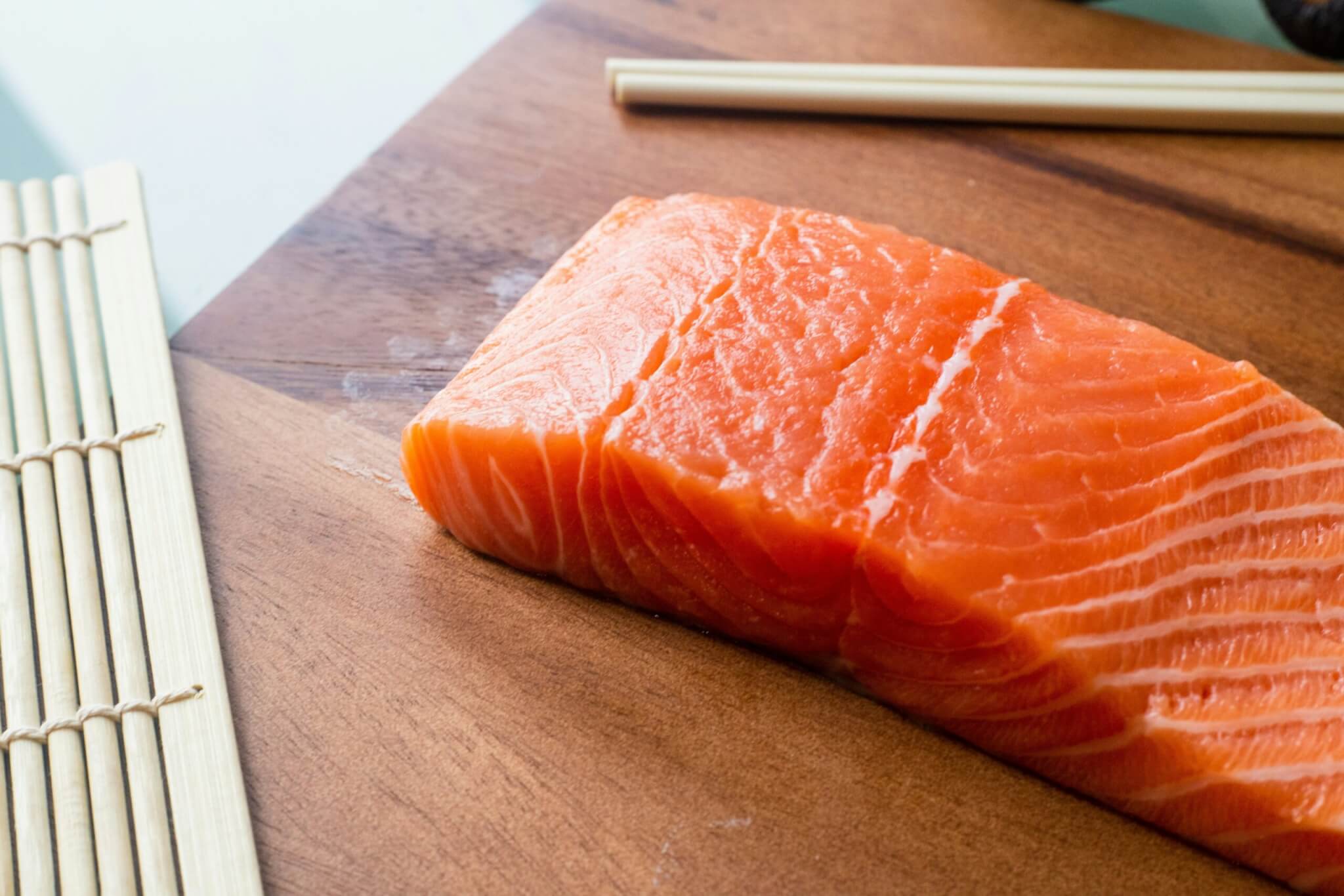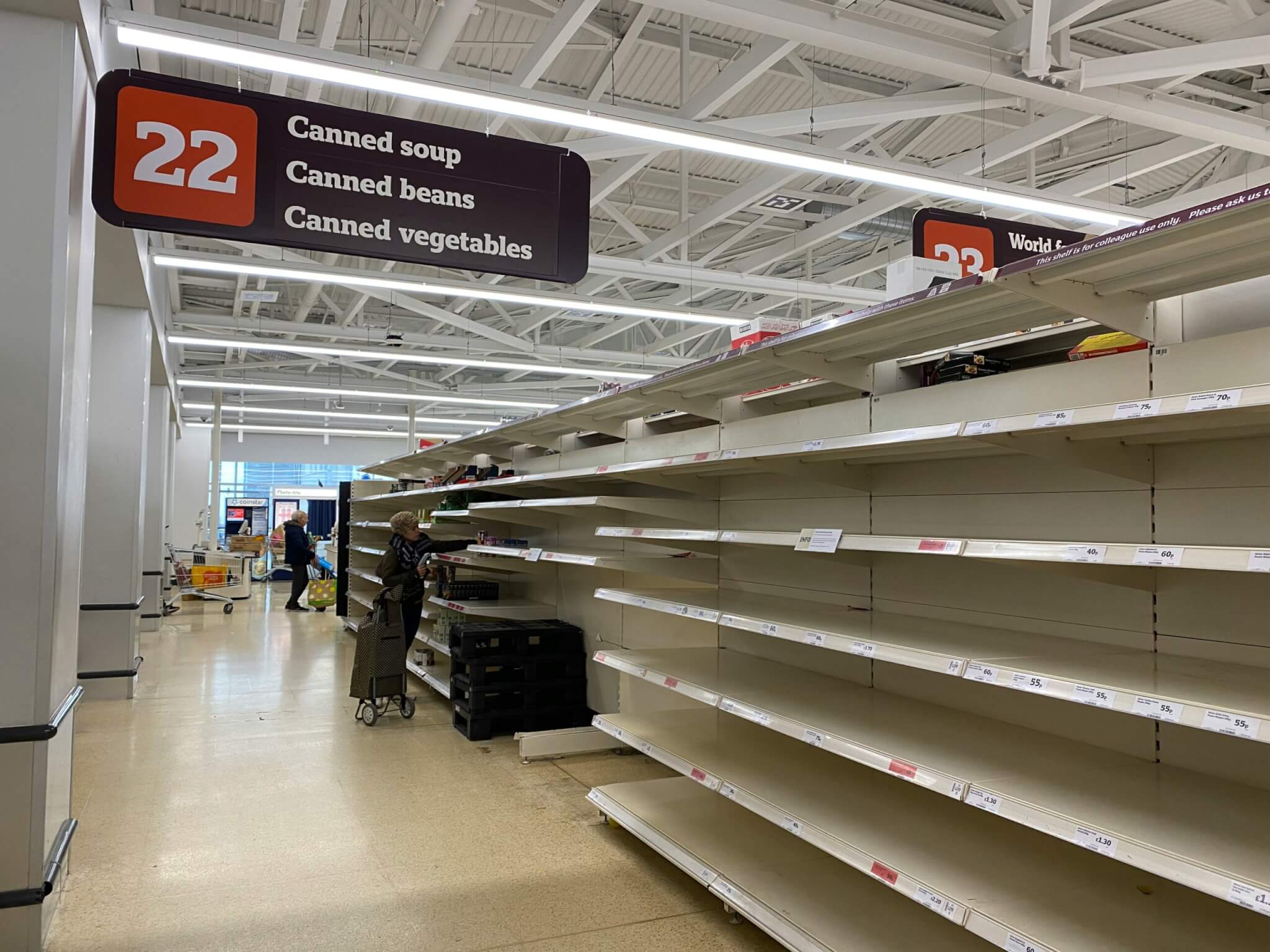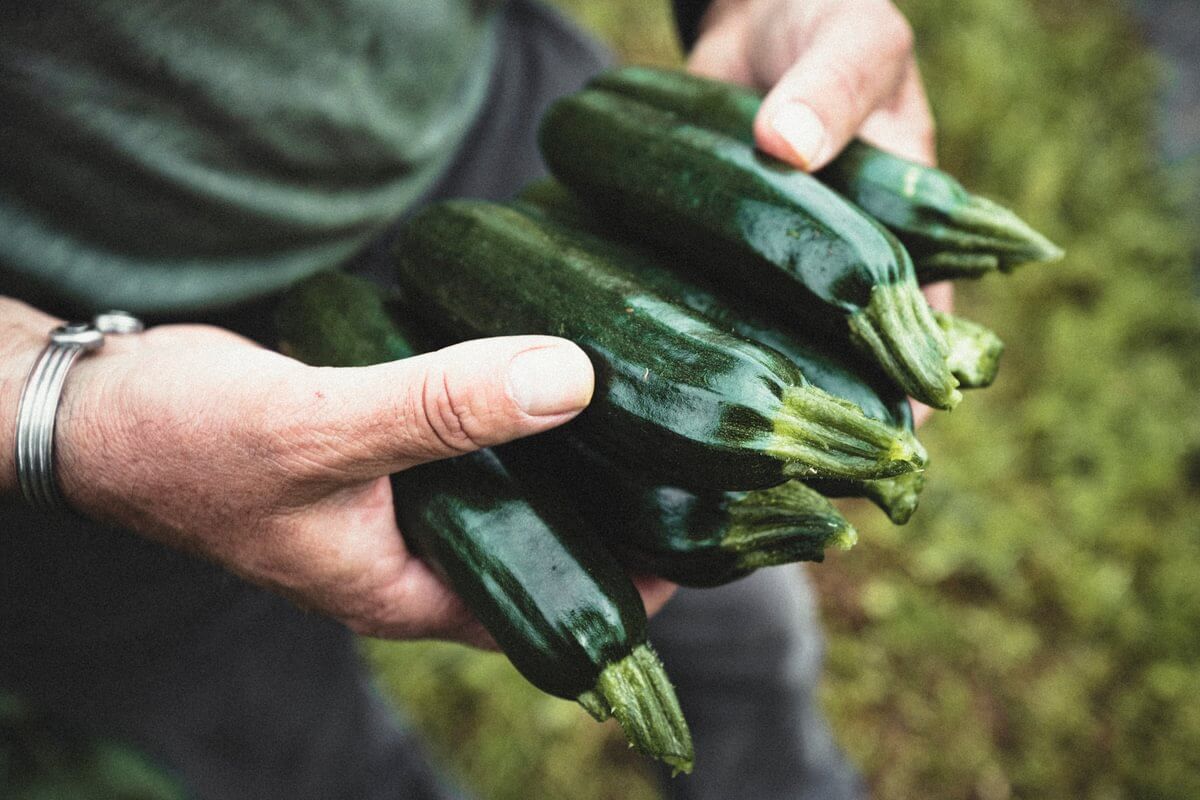The UK government funnelled millions of pounds in taxpayers’ money to intensive poultry farmers near the Wye and Severn rivers despite the industry’s links to spiralling water and air pollution in the region, the Bureau of Investigative Journalism (TBIJ) can reveal.
At least £14m of public funds was paid out over a three-year period to farm operators in the counties surrounding the rivers: Herefordshire, Gloucestershire, Shropshire, Monmouthshire, Worcestershire and Powys.
Forget the ‘polluter pays’ approach to environmental regulation both here and in the EU – this is the age of ‘pay the polluter’.
Charles Watson, chairman of NGO River Action, which has been campaigning tirelessly to bring the issue of pollution from intensive farms to light and hold the companies responsible to account, said the findings are “nothing short of outrageous” and “made a total mockery of any pretence of practising effective environmental regulation in this country”.
Defra, the department responsible for such matters, offered little in the way of explanation, while the National Farmers Union asked for more money from government so the producers could help improve the dire state of the country’s rivers.
Ruth Westcott, a climate and nature emergency campaigner at NGO, Sustain, said chucking more money at the problem may not be the right solution. It’s the global protein processors like Cargill and JBS that are profiting from this pollution, she told Wicked Leeks – “the money in the system goes right through the system and into their profits. She added: “Why should the government pay for corporates to be responsible?
To follow the public finance flowing into these fowl processors, the Bureau of Investigation Journalism (TBIJ) used public records and data obtained via Freedom of Information requests to identify recipients of the subsidies and cross-referenced them with databases of “intensive” poultry farms (units that hold at least 40,000 birds and require a permit to operate).
Between 2021 and 2023, 112 individual farmers or businesses involved in intensive poultry farming across counties within the two river catchments received a total of £14,162,910, TBIJ’s analysis showed. This means each farmer received, on average, more than £126,000 in public funds in the period.
At least 75 of the subsidy recipients operate farms that are so large they are regarded as ‘megafarms’. At least 10 of those hold more than 400,000 birds, records show, with the largest holding almost a million – making it one of the UK’s biggest such units.
Historically, indoor poultry businesses have not been eligible for the Basic Payment Scheme (originally tied to the EU’s Common Agricultural Policy) which has been replaced by “delinked payments”. The money is therefore likely to have been for diversified parts of the businesses.
Rob Percival, head of food policy at the Soil Association, told TBIJ: “The government urgently needs to get a grip on the economics of nature-friendly farming. Public money should be supporting higher welfare and sustainable production, not propping up the intensive chicken industry that is killing UK river habitats, as this investigation suggests.”
Analysis: chicken giants getting licked
This is another blow for a sector that is under intense pressure at the moment. Indeed, some of the main sector press have not even covered the investigation as the intensive poultry production chain attempts to gain some control over an onslaught from journalists, campaign groups, and lawyers.
Indeed, the TBIJ research follows significant court rulings that could have lasting impacts on the way that manure from chicken farms – which has been linked to dying rivers in certain catchments – is managed. Another case has just been heard in the high court in Cardiff, while 3,000 people have joined a group claim against the Cargill UK poultry group and Dŵr Cymru Welsh Water. The government will be watching all this closely as it looks to review the permitting process that has historically allowed these huge, intensive farms to rise up around our rivers.
And campaigners show no signs of letting up. Last week, Feedback Global, Sustain and AGtivist released footage of the UK’s ‘Dirty thirty’ – the country’s largest livestock megafarms – showing for the first time how the facilities have rapidly expanded. The issues related to some of these farms – from animal welfare and biodioversity loss to farm profitability – has attracted national headlines.
“This industry has been getting away with operating like this for too long,” said Westcott at Sustain, “and they’ve been pulling the wool over councils’ eyes”, she added.
Some have started to ask questions and take action: earlier this month, King’s Lynn and West Norfolk Borough Council unanimously rejected a planning application for a new industrial farm in the county that would have housed 700,000 chickens and 14,000 pigs. There is hope that this could shape the future of industrial farming and bolster councils and rural communities in their fight against such farms.
Expect the agri-food behemoths – which infiltrate almost every part of our food system – to not give up without a fight. They will be aggressive, raising fears about food security and ‘foreign imports with lower standards’ if more farms are not built here. They will also delay moves to production systems with higher welfare and fewer impacts all in the name of ‘food security’.
And let’s not forget either that they will have the ear of the government with the likes of Cranswick represented on the government’s industry-heavy food strategy advisory board.
Will the power of people and communities be enough? “It worked with fracking,” said Westcott, so why not?













Here I’m not so sure of my facts. I’m not sure if the government is giving the same level of funds to small growers producing salads, greens and other vegetables and fruit, particularly organic that will nourish people?
We’ve run a small, agroecological market garden for the last 15 years in Wales. We don’t get a penny of government funding, never have. We don’t use herbicides, pesticides or artificial fertiliser and have increased biodiversity on our plot, year upon year. Yet polluting farms can rely for more than 50% of their income on agricultural subsidies. Make it make sense!